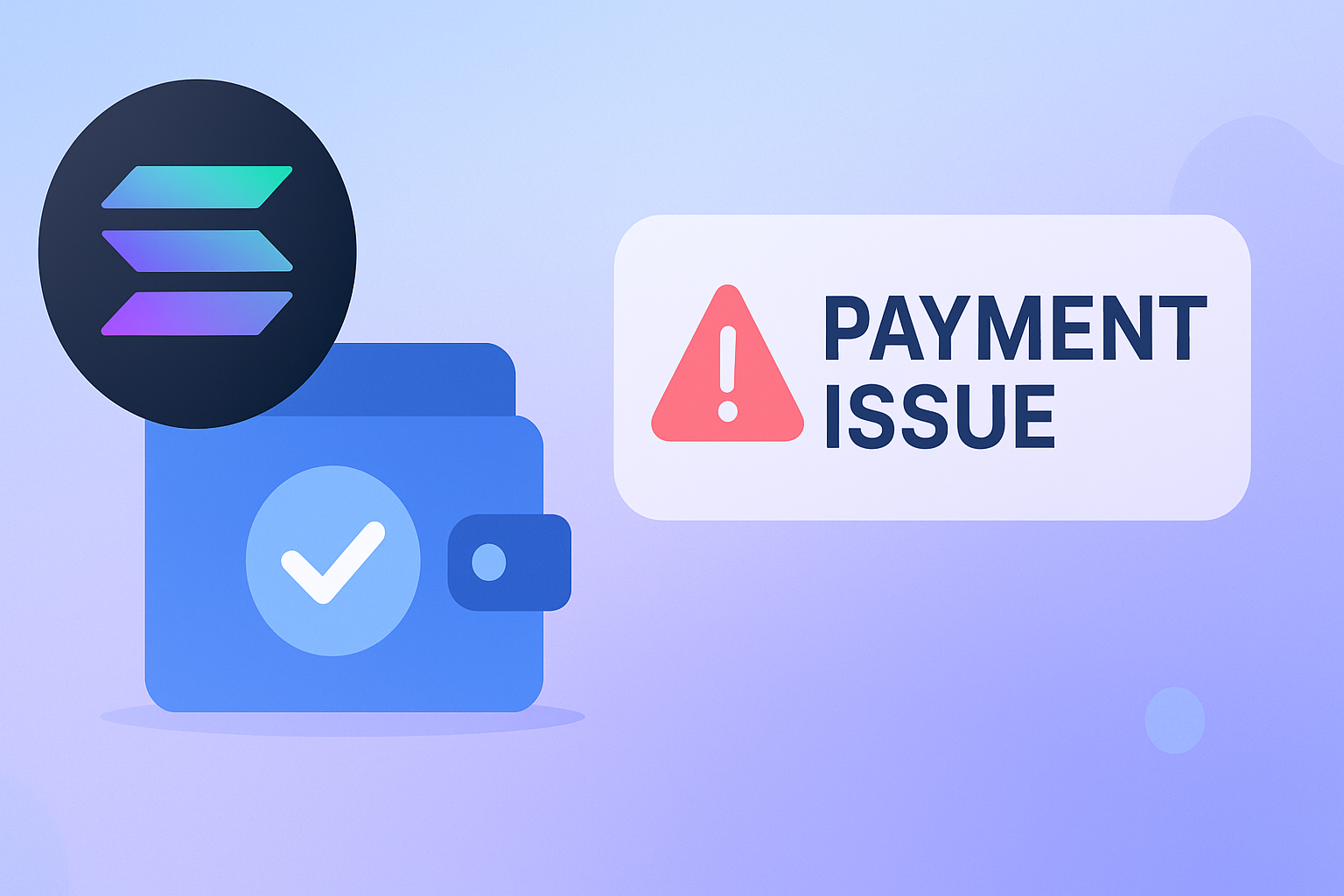When it comes to keeping your online activities private and bypassing restrictions, proxies are incredibly useful. But with different types available, choosing the right one can be a bit confusing. Let's break down SOCKS and HTTP proxies to help you figure out which is best for your needs.
What Is a Proxy?
At its core, a proxy server acts as a go-between for your device and the internet. It takes your requests, forwards them, and sends the responses back to you. This helps hide your IP address and can let you access restricted content.
SOCKS Proxy: The All-Rounder
SOCKS (Socket Secure) proxies are like the Swiss Army knives of proxies. They work at a lower level and can handle a variety of traffic, including HTTP, HTTPS, and FTP. Here’s why they might be a good fit:
- Flexibility: SOCKS proxies can route any type of traffic, making them incredibly versatile.
- Anonymity: They provide high anonymity as they don’t alter the data being transmitted.
- Performance: Because they don’t focus on specific protocols, they often perform better with complex requests.
Pros:
- Handles various protocols.
- Offers high anonymity.
- Generally faster due to less processing.
Cons:
- May need more configuration.
- Not as specialized for web traffic.
HTTP Proxy: The Web Specialist
HTTP proxies are designed specifically for web traffic (HTTP and HTTPS). They’re ideal for browsing the web and working with web-based applications. Here’s what you should know:
- Protocol-Specific: HTTP proxies are optimized for web traffic, handling HTTP requests and responses efficiently.
- Caching: They often cache web pages, speeding up your browsing experience by serving content from memory.
- Content Filtering: They can block or filter specific websites.
Pros:
- Great for web browsing and HTTP/HTTPS traffic.
- Can speed up browsing with cached data.
- Easier to set up for web-related tasks.
Cons:
- Limited to web traffic; not suitable for FTP or email.
- Less anonymous compared to SOCKS proxies.
Which One Should You Use?
Your choice depends on what you need:
- For General Use: If you need a proxy for various types of internet traffic, go with a SOCKS proxy for its flexibility and anonymity.
- For Web Browsing: If you’re focused on browsing and handling web traffic, an HTTP proxy is more efficient and easier to set up.
In short, SOCKS proxies offer versatility and privacy, while HTTP proxies excel in web performance and caching. Pick the one that best matches your needs!





